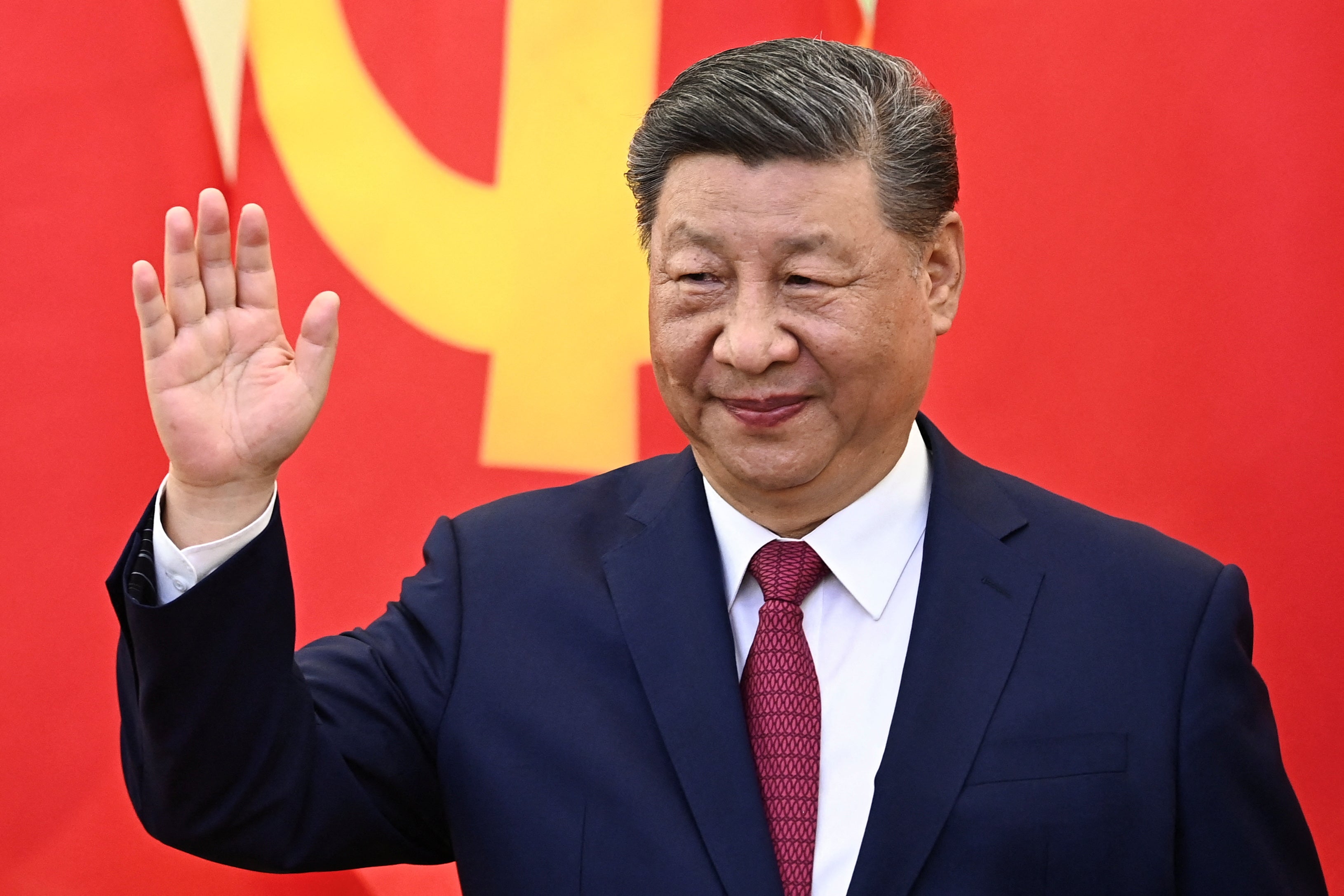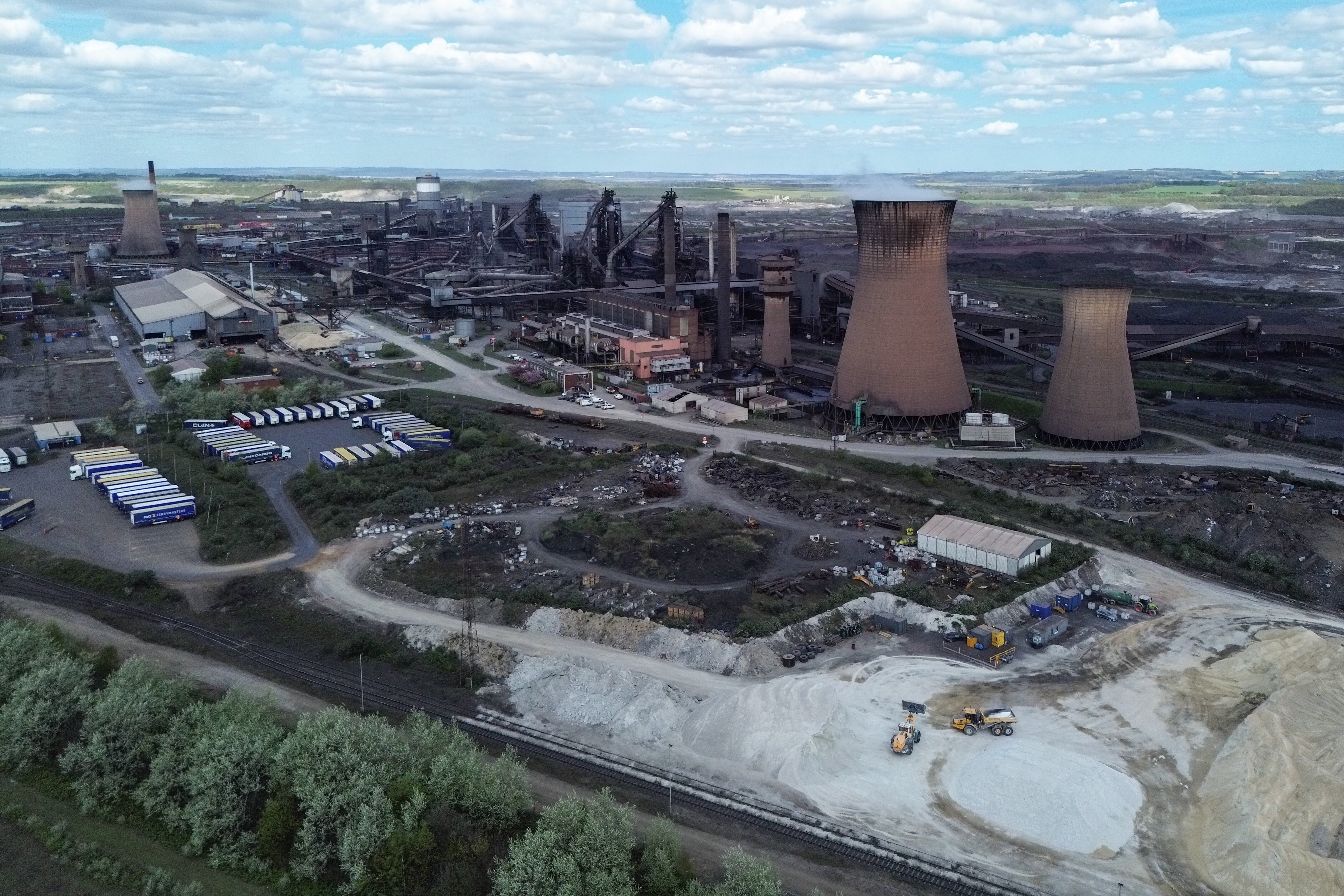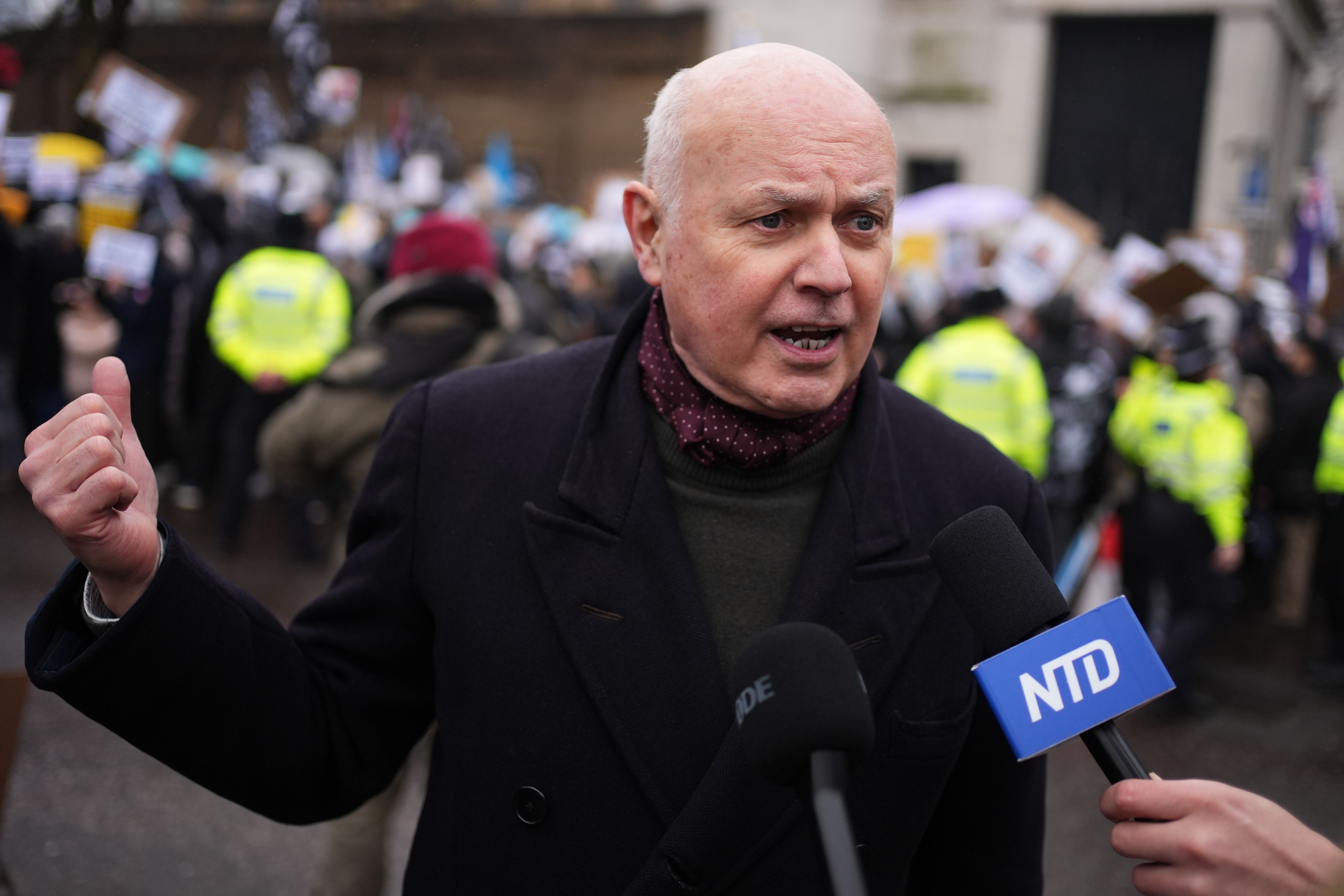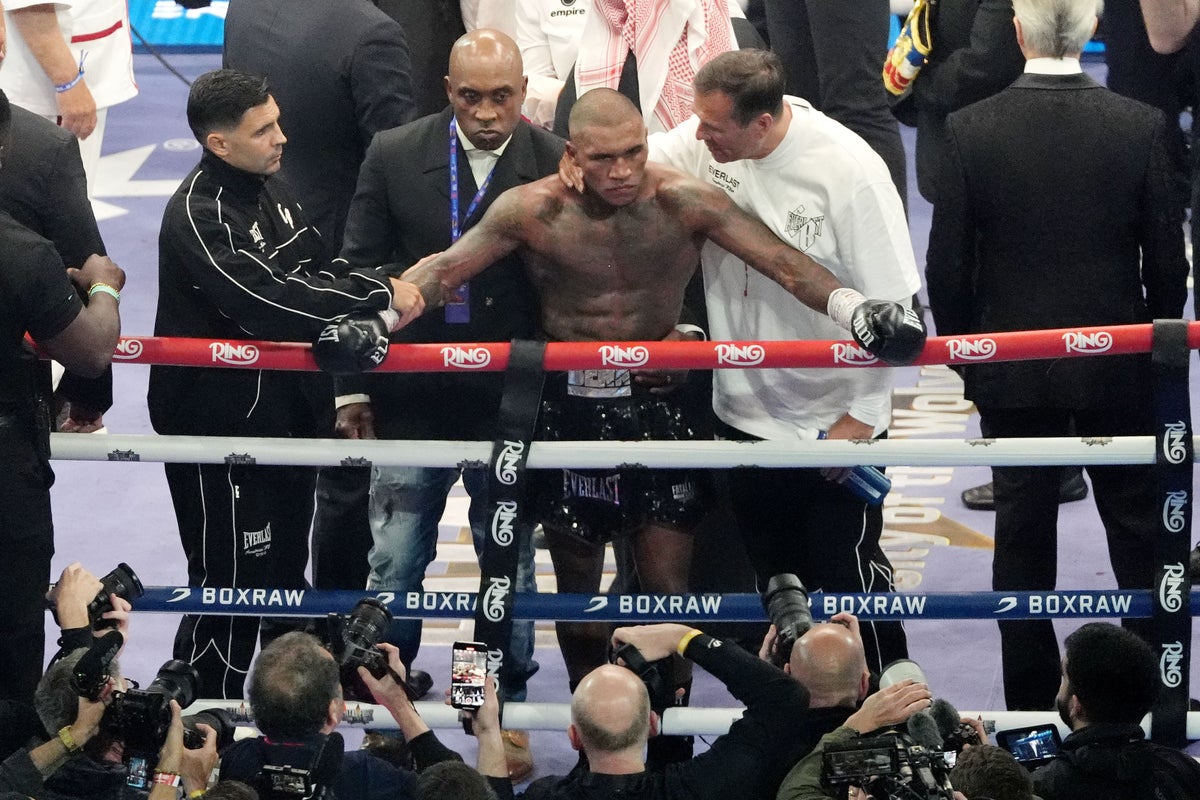ARTICLE AD BOX
The UK is in a race against time to save the British Steel blast furnaces from being forced to close down amid allegations of Chinese sabotage.
Deputy prime minister Angela Rayner used a visit to the British Steel site in Scunthorpe to express confidence that the government will be able to save the plant after passing emergency legislation on Saturday to take control of it from Chinese firm Jingye.
But government officials are frantically trying to secure essential raw materials, including coking coal and iron ore, needed to keep the two blast furnaces at the Scunthorpe plant operational.
Once the furnaces are turned off it is very difficult to bring them back into use, and officials believe British Steel’s Chinese owner Jingye had been planning to let the raw materials run out in a move that could have shuttered the blast furnaces and made the UK more reliant on Chinese exports of so-called virgin steel.
The drama came as Downing Street accused the Jingye of “not acting in good faith” as it tries to secure the raw materials necessary to keep the furnaces going.
Meanwhile, senior figures from Labour and the Tories have added their voices to the government putting “security first”.
A number of former ministers have described the British Steel problems as “a wake up call” for the UK to exclude Chinese investment in critical industry.

Luke de Pulford, executive director of the Inter-Parliamentary Alliance on China, warned: “It is an explicit strategy of the Chinese Communist Party to undermine the industrial base of foreign countries.”
The government stepped in at the last minute to prevent Chinese company Jingye from shutting down the blast furnaces after negotiations for a rescue deal collapsed. There were allegations that the company was selling off raw materials for the British Steel site to prevent it from being operational.
Speaking in Scunthorpe, Ms Rayner said: “We're confident that we've got the raw materials and these furnaces will continue to be fired, and that was really important for the future of British Steel, and the government stepped in and took the action that was necessary.
"Yes, there's more that we need to do over the next coming months and years, but this was a crucial step forward for British Steel in the UK."
Pushed on whether the government had paid for the materials, she added: "We've got the raw materials, they've been paid for, and we're confident that the furnaces will continue to fire."
As the politics around the decision intensified, China’s foreign ministry urged the UK to “treat Chinese businesses that have invested and operate in the UK fairly and justly, (and) protect their legitimate and lawful rights and interests”.

Spokesman Lin Jian said the UK should “avoid politicising trade cooperation or linking it to security issues, so as not to impact the confidence of Chinese enterprises in going to the UK”.
Prior to the issues with British Steel, there have been concerns over Chinese control of the UK’s critical infrastructure, including China’s influence over the UK’s 5G network with Huawei, and its attempts to invest in nuclear energy.
Former defence secretary Sir Gavin Williamson, who was sacked by Theresa May following allegations he had leaked about plans to allow it to develop 5G in the UK, pointed out that steel is essential for UK defence and security.
He said: “It's absolutely clear that we have to show such a level of caution allowing Chinese companies to be involved in any form of critical national infrastructure and critical industries. Quite simply, we are going to have to take moves to make sure that they are excluded from such investments in the future.”
Tobias Ellwood, a former minister in the Ministry of Defence (MoD) and Foreign Office (FCDO), added: “It's a wake up call. It certainly is a very progressive but clandestine approach. China does this very well. It is able to usurp itself into critical national infrastructure capability, able then to turn the taps on and off as they will, blaming the economic circumstances in a particular country but it's very dangerous for Britain.”

Sir Iain Duncan Smith, founder of the Inter-Parliamentary Alliance on China (IPAC) with 40 countries in it, who has been sanctioned by China, warned that the current Labour government has cosied up to China too much with trips by chancellor Rachel Reeves among others and granting planning permission for a controversial new Chinese embassy building in London.
He called for China to be put in the top category of the Foreign Influence Registration Scheme (FIRS) to prevent it from investing in critical infrastructure.
He warned: “China has completely subverted the World Trade Organisation rules. Of course we need to stop them investing in critical industries but we also need to prevent them from dumping large amounts of steel, electric cars and other goods on us to flood our markets and destroy our industries.
“The EU has tariffs to prevent this and we need to do the same.”
Meanwhile, Labour chairperson of the Commons trade and business committee, Liam Byrne, confirmed that his committee wants to “get to the bottom of Chinese ownership of critical infrastructure” in an inquiry.
Dame Emily Thornberry, the Labour chair of the Commons foreign affairs committee, added: “We need to listen to security advice and let that guide us. Security first.”

Trade minister Douglas Alexander was the latest senior government figure to go to Chinese controlled territory leading a delegation to Hong Kong as political pressure to break ties with Beijing mounted.
Mr Alexander expressed “deep concern” over the refusal by the Chinese authorities in Hong Kong to allow Lib Dem MP Wera Hobhouse enter the territory after her criticism of the suppression of democracy and imprisonment of activists.









 English (US) ·
English (US) ·